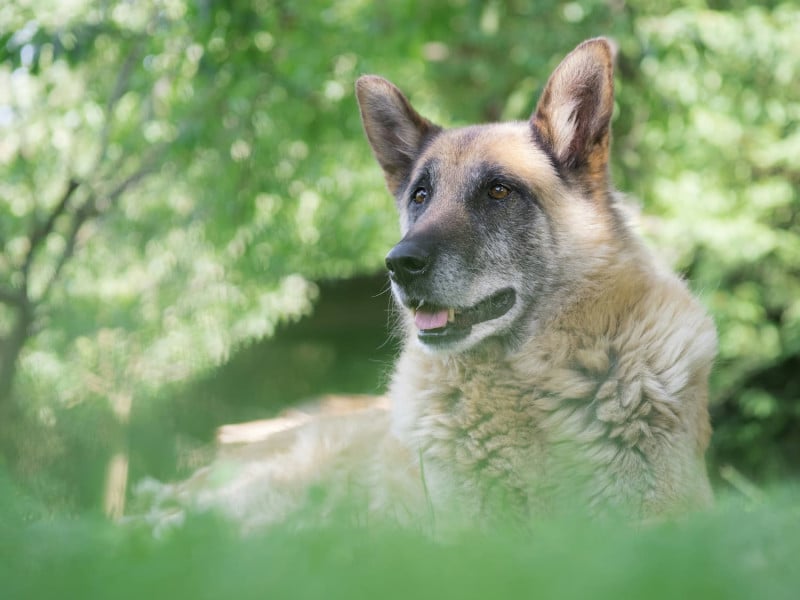
Healthy Teeth, Healthy Heart: Why Dental Care Matters
February is often associated with love, thanks to Valentine’s Day, and that makes it a perfect time to show extra care to the pets who mean so much to us. While treats and cuddles are always appreciated, one of the...

Preventive Care Explained: How Small Steps Make a Big Difference
When was the last time your pet saw the veterinarian for a checkup, not because they were sick, but just to stay healthy? Preventive care is one of the most important ways to give your pet a longer, happier life....

The Busy Holiday Season: Making Time for Your Pets
The holidays are full of sparkle, laughter, travel, and to-do lists a mile long. As joyful as this season can be, it often means busier schedules and less time for everyday routines. In the middle of the holiday rush, it’s...

7 Health Tips Every Senior Pet Parent Should Know
If you’re lucky enough to have a senior pet, you know just how special that bond becomes over time. From cozy afternoons on the couch to the look in their eyes that says, “I’ve known you forever,” there’s a deep...

Quiet Heroes Behind Healthy Pets: Veterinary Technicians!
Have you ever walked into a veterinary clinic, had your pet whisked gently away, and wondered who all those smiling, scrub-wearing professionals are? You might recognize your pet’s veterinarian, but chances are there’s another key person working hard behind the...

Is Your Pet Experiencing Pain? Here are Some Signs You Might Be Missing
Why Pets Don’t Show Pain
Animals are hardwired to hide weakness. Out in the wild, showing pain could make them a target or slow down the group. Even though our pets have traded “the wild” for the couch, they...

